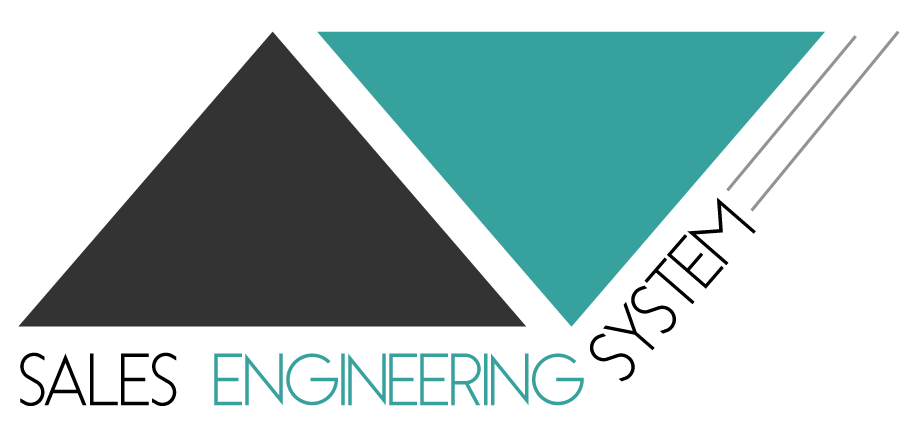Professional Selling
High-performance selling requires a professional approach. Whether you run a team of sales people or carry a bag yourself, being successful is almost entirely a function of proper preparation.
If you’re responsible for a team, you undoubtedly invest a significant amount of resources in recruiting and hiring. You have also hopefully invested in your team’s training. But there is almost always a gap between what you expect the team to achieve and the actual results.
On the other hand, if you sell for a living, it’s likely that you’ve done what you can to give yourself an edge. You’ve probably read all the books and all the blogs. You might go to seminars or buy programs, and you try to stay up on the latest sales trends and techniques. Your company pays for some and you probably pay for some yourself. You know about 5 different “closes” and several different selling systems.
But still, when it comes down to actually asking for the order, closing the sale, and writing new business, the process often grinds to a halt.
So regardless of your sales role, why is there often a delta between what’s expected and what’s actually produced?
The problem is often that sales people aren’t selling like pros. But I’m not talking about sales pros. I’m talking about professional service providers.
Sales people whose sales efforts resemble pulling teeth from an uncooperative patient without any Novocain should take a lesson from somebody who fixes teeth for a living—the dentist.
In fact, there’s a lot to be learned from the sales process of virtually any professional service provider. Tactically speaking, doctors, chiropractors, lawyers, veterinarians, psychologists, accountants, architects, and engineers all sell in essentially the same way. These highly trained professionals are experts in their particular field and at what they do.
What they do is solve problems for people.
When you sit in your dentist’s chair or your lawyer’s office, a sales process is beginning that you’re probably not even aware of. The dentist or the attorney sets out to discover the exact nature of your problem, because they need to understand it in order to fix it. And they’re not interested so much in your version—your perception—of the problem so much as they are in the actual problem itself.
Think about that for a minute. The sales process is underway and you—the patient or client—don’t even realize it. Imagine if you could begin your sales process so smoothly that your customers or prospects won’t even notice it.
So to diagnose your problem, every professional service provider goes through some form of structured process dictated by the best practices and codified principles of their chosen field. Let’s look at an example.
You have a toothache, so you go to the dentist and explain what you’re feeling. She listens, and then gently starts exploring your mouth with her probe. You mutually agree that she’s found the problem when she touches the tooth and the pain flashes throughout your body. She has quite literally “found the pain.”
Long before your dentist could probe your mouth to identify dental problems, she had to undergo years of formal education and highly structured on-the-job training in the form of her dental residency. Even if you happen to be her very first patient, she has already been declared an expert in dealing with dental problems. And a big part of that training is learning how to use best practice dentistry techniques to identify and then solve dental problems.
Every professional service field is structured in much the same way. A lawyer or an accountant goes through a series of standard questions to get to the root of the problem. Everything they say and do in that first meeting must conform to certain principles that govern their professions. Learning, understanding, and then applying these principles is a core part of their training.
This training is extensive, and it enables the professional service provider to find out what the exact problem is so that they can help you solve it.
So in order for sales people to sell like professionals, the first place to start is training.
But consider this: the training does not teach you to be a professional sales person. There really is no such thing. Simply selling a product or service for a living does not make somebody a professional sales person, because being a true pro requires much more than simply getting paid for doing something.
Instead, training must focus on becoming a professional troubleshooter and problem solver. Sales people must learn how to use a structured, codified process, dictated by the best practices of their company or organization, to solve problems for their customers. Because an effective training program must be designed around how your company sells—using best practices distilled from selling success—you probably won’t be able to use a “canned” or off-the-shelf program. The only way to optimize results is to use a custom sales training program designed specifically for your organization.
There are several elements that this type of training must include.
First, training needs to focus first on the knowledge of your product or service. And I’m not talking about familiarization with whatever it is your company sells, learned over a couple of hours or probably not even a couple of days. It needs to be much deeper than that. Sales people must become masters of whatever it is their organization sells.
Features, benefits, and advantages–sure enough. But there’s a lot more knowledge of the offer that’s required. How do your customers use what you sell? What problems does it solve? Why is it better than anything else on the market?
In other words, broad and deep professional expertise should not focus on selling—it should focus on what’s being sold and more importantly, how that product or service solves problems for people. For sales people who are not experts on the problems their customers face and how their offering solves those problems, successful selling becomes exponentially more challenging.
Continuing on, we said that the professional service provider uses their training in a given field to determine what problem their patient or client has so that they can solve it. They use a process, defined by their profession, to figure out what is needed in any given situation. There’s the second part of an effective training curriculum: mastering the company’s unique sales process. This obviously requires that the company in fact has a solution-based sales process based on successful best practices and that it actually works.
Beyond that, of course, professional training can only go so far. A lawyer just out of law school or a medical resident is not going to have the same skills at finding and solving problems as a partner of the firm or a professor of medicine will have. The longer they work with the process, the better they become at solving problems. That’s life.
Nevertheless, in order to start practicing their trade, a professional service provider must meet the requirements set forth by their regulatory board in order to obtain a license and become certified. This ensures that before they set out to help patients or clients, they have demonstrated a specified level of expertise and understand their obligations to those they seek to help.
In a company, every member of a sales team should be required to demonstrate their problem solving expertise before they hit the street. Demonstrating the specific knowledge and skills needed to solve problems for customers––in other words to sell for a company––should be a prerequisite to actually selling.
Even for a company that isn’t formally regulated, the same thing still applies. Sales people need to thoroughly understand—and be able to execute—the process used to identify the problems that your customers have—in other words, your sales process.
Now, not every business has a well-defined sales process. Many organizations list the steps needed to make a sale (although some don’t even do that), but they don’t necessarily explain specifically how to execute those steps. Sales people are often told what to do, but not how to do it.
Fully understanding the company’s sales process is not enough, however. I have worked with many sales people who understand how their company wants them to sell, but still aren’t very successful at selling.
This is because they are missing the point by trying to simply close a sale instead of seeing the bigger picture and trying to solve a problem. So they wing it, perhaps trying to use old-school, hard-style closing techniques to “get the sale” instead of truly understanding the customer’s needs, communicating value, and then delivering it in order to solve the problem.
If you’re a sales person, hopefully your company has a custom sales training program that not only teaches the sales team about the products and services you sell and how to sell them, but also how they are used by customers to solve problems. Solving problems, as opposed to hard-core, in-your-face selling, generates more revenue, and it results in happier, more loyal customers as well. It’s really the only way to sell anything.
Furthermore, sales people who truly focus on solving problems instead of trying to force a sale typically convey a confident, engaging presence that instantly puts a customer or prospect at ease. There’s no tension and no discomfort—only a reassuring sense that things will get done and problems will be solved.
If you are an executive responsible for sales or growing your company, make sure your sales people are given the tools and training they need to be successful and blow away the competition. On the other hand, if you are a sales person and your company does not provide this level of training, it’s up to you, as a professional problem solver, to get it yourself.
Anyone who sells for a living should become a student not just of their offers and sales process, but of the industry served as well. Understanding how customers operate and what they are trying to accomplish is essential to sales success. The goal is to connect the dots for them so that they want to buy from your company. Sales people should focus on mastery and self confidence.
An organization that can master solving problems for customers automatically masters the art and science of selling.
About Kerry Lohrman
Kerry Lohrman, a lifelong entrepreneur, business owner, consultant, and writer, created the Sales Engineering System for the singular purpose of helping businesses to be more effective. Kerry has made a career out of solving business problems for entrepreneurs, small business owners, and corporate executives for more than thirty years and has distilled his deep knowledge and broad scope of experience into the Sales Engineering System. His clients span a wide range of industries and professional service disciplines, ranging in size from sole proprietorships to Fortune 100 corporations. Today, Kerry’s passion is helping companies to grow, with a particular emphasis on enabling entrepreneurs to successfully start and grow a business in order to realize their dreams. He is also a sales coach to high performing professionals in many different industries.






